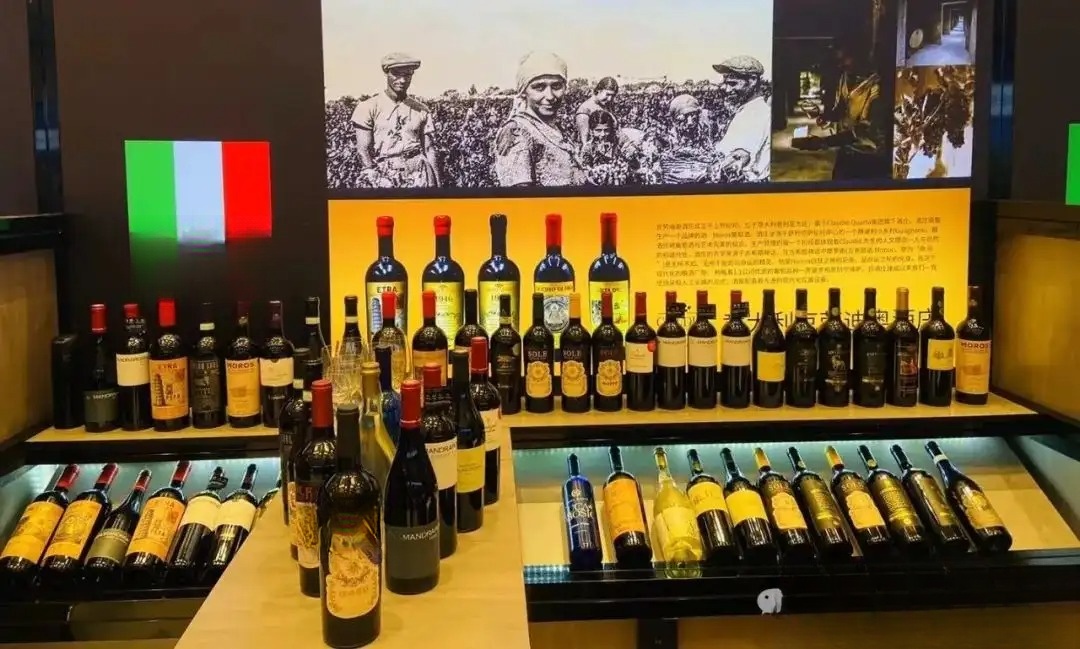What is the difference between storing wine in a refrigerator and a wine cabinet?

1. Temperature control:
- Refrigerator: The temperature of the refrigerator is usually set at around 4-8 degrees Celsius, which is suitable for short-term storage of wine (such as a few days to a week). However, for long-term storage, this temperature is too low, which may cause the wine to be too cold and affect the presentation of its flavor.
- Wine cabinet: Wine cabinets are designed specifically for wine and can provide a more stable temperature environment, usually around 12-15 degrees Celsius, which is more suitable for long-term storage of wine. Wine cabinets also have temperature regulation functions, which can be fine-tuned according to the type and needs of wine.
2. Humidity management:
- Refrigerator: The humidity inside the refrigerator is relatively low, especially when the door is opened frequently, which may cause the cork to dry out, thereby affecting the sealing performance of the wine.
- Wine cabinet: Wine cabinets usually have humidity control functions to maintain a suitable humidity level, generally between 60%-70%, to ensure that the cork remains moist and maintain the quality of the wine.
3. Light protection ability:
- Refrigerator: The light inside the refrigerator is strong, especially for refrigerators with transparent doors. Long-term light exposure may accelerate the oxidation process of the wine and affect the color and flavor of the wine.
- Wine cabinets: Wine cabinets are usually made of opaque materials or equipped with shading facilities to effectively block ultraviolet rays and strong light exposure, helping to protect wine from the negative effects of light.
4. Suitability for long-term storage:
- Refrigerators: Refrigerators are mainly suitable for short-term storage. For long-term storage of wine, their environment may not be ideal because the temperature is too low and the humidity is insufficient.
- Wine cabinets: Wine cabinets are designed to meet the needs of long-term storage of wine. Their stable temperature and humidity environment are more conducive to the long-term preservation of wine.
5. Vibration problems:
- Refrigerators: The operation of the refrigerator's compressor may produce vibrations. Long-term vibration is not good for wine. It may accelerate the reaction of chemicals in the wine and affect the taste.
- Wine cabinets: Professional wine cabinets are designed to reduce vibrations. Usually, special shock-absorbing systems are used to ensure that the wine is aged in a stable environment.